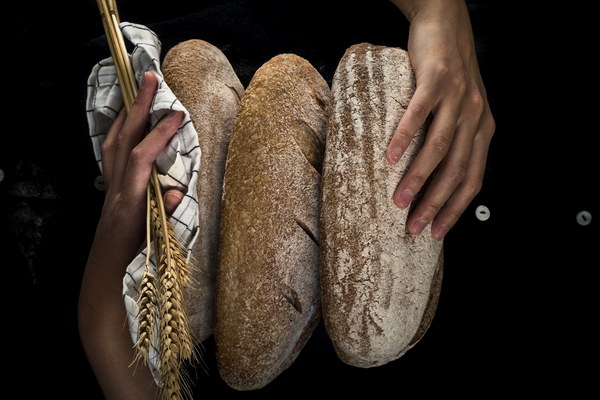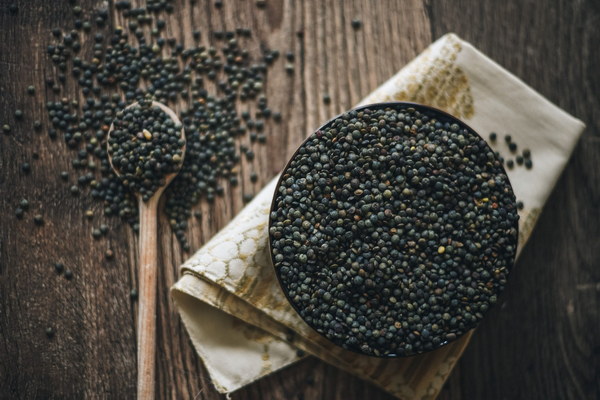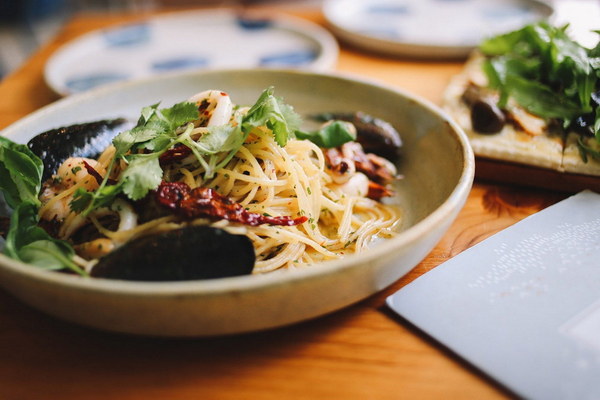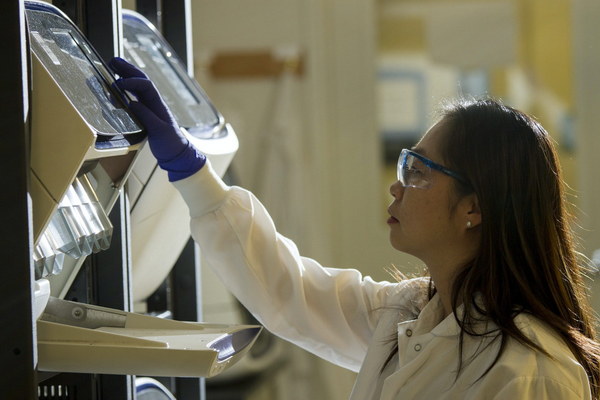The Royal Secrets How the Qing Dynasty Emperors Maintained Optimal Health
In the annals of history, the Qing Dynasty is renowned not only for its magnificent architecture and grandeur but also for the longevity and health of its emperors. The imperial court of the Qing Dynasty was a treasure trove of ancient wisdom when it came to maintaining optimal health. This article delves into the secrets of how the Qing emperors preserved their vitality and well-being.
1. Dietary Discipline
The emperors of the Qing Dynasty adhered to a meticulously planned diet that was rich in nutrients and low in calories. Their diet was a balance of grains, vegetables, fruits, nuts, and meat, with a special emphasis on herbal medicine. The imperial kitchen was staffed by a team of skilled chefs who prepared a variety of dishes designed to nourish the body and mind. The emperors also followed the Five Flavors principle, which suggested that incorporating all five flavors—sweet, sour, salty, bitter, and spicy—into their meals would ensure a harmonious balance of their internal organs.
2. Herbal Remedies
Herbal medicine held a significant place in the health regimen of the Qing emperors. They were prescribed a concoction of herbs tailored to their specific health needs. These remedies often included ingredients like ginseng, goji berries, and atractylodes, which were believed to boost the immune system, enhance energy levels, and promote longevity. The emperors also had access to a vast library of ancient Chinese medical texts, which provided them with a wealth of knowledge on the benefits of various herbs.
3. Exercise and Movement
Physical activity was an integral part of the emperors' daily routine. They engaged in a variety of exercises, including tai chi, qigong, and martial arts, which were designed to improve flexibility, balance, and overall strength. These practices helped to keep the emperors' bodies and minds in tip-top shape. In addition, the emperors often took part in outdoor activities such as horseback riding, archery, and even swimming, which further contributed to their physical well-being.
4. Mental Health
The Qing emperors recognized the importance of mental health and sought to maintain a peaceful and balanced mind. They practiced meditation, which helped them to achieve mental clarity and inner peace. The emperors also surrounded themselves with people who shared their values and could provide support during challenging times. This sense of community and emotional well-being played a crucial role in their overall health.

5. Sleep and Rest
Adequate sleep was essential for the emperors of the Qing Dynasty. They were advised to get at least eight hours of sleep each night, in a comfortable and tranquil environment. The emperors also had a strict schedule, which allowed them to prioritize their health and well-being. They were encouraged to take regular breaks throughout the day to rest and rejuvenate.
6. Social and Cultural Activities
The Qing emperors engaged in various social and cultural activities that contributed to their mental health and overall well-being. They attended performances, exhibitions, and festivals, which provided them with a sense of joy and fulfillment. These activities also helped to strengthen their relationships with their subjects and maintain a healthy sense of self-esteem.
In conclusion, the Qing emperors' dedication to maintaining optimal health can be attributed to their adherence to a balanced diet, herbal remedies, exercise, mental health practices, adequate sleep, and social and cultural activities. These ancient secrets have provided us with valuable insights into how we can lead healthier, happier lives today. By incorporating these practices into our daily routines, we can strive for a similar level of vitality and well-being that the Qing emperors once enjoyed.









